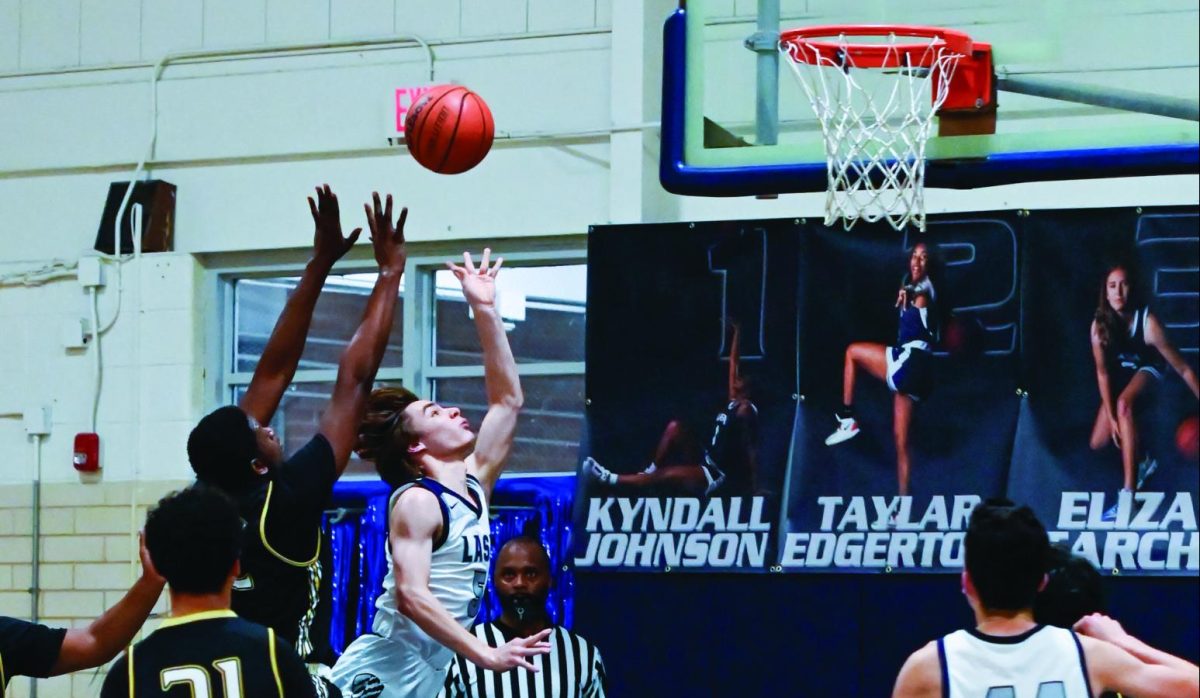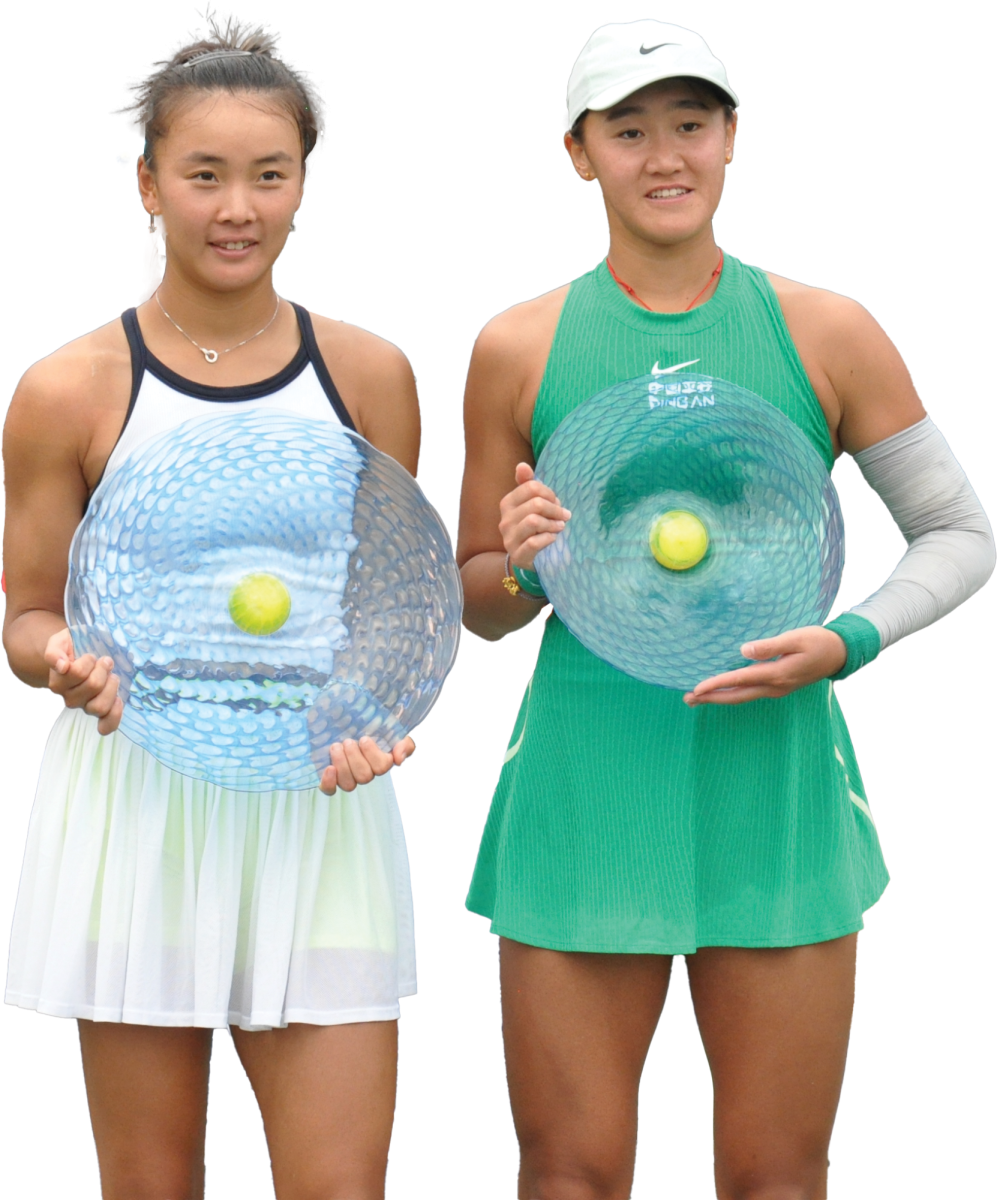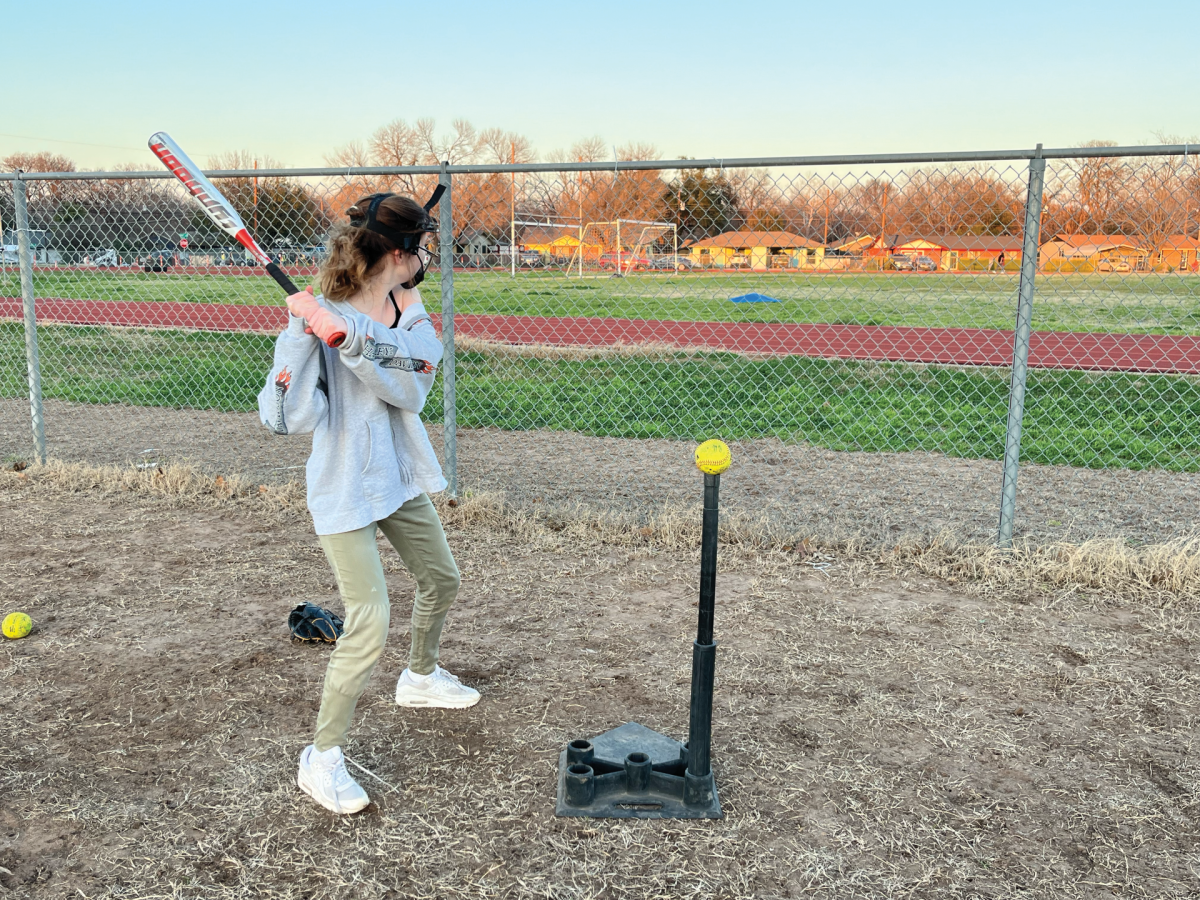Dearica Marie Hamby is a Women’s National Basketball Association (WNBA) All-Star, a back-to-back winner of the WNBA Sixth Woman of the Year award, and helped the Las Vegas Aces win the 2022 WNBA championship. She is also a mother of two — but her pregnancies were met with neither respect nor support from Aces management and staff. Hamby was blamed for getting pregnant, accused of signing her contract’s extension knowingly pregnant, and says she was met with “coldness, disrespect, and disregard from members of management.” She was also traded to the Los Angeles Sparks after announcing her pregnancy, which Aces head coach Becky Hammon says had nothing to do with Hammon’s pregnancy.
In an investigation involving interviews with 33 different staff members and players, the WNBA found that Hammon had in fact violated WNBA workplace rules, including promising impermissible benefits in Dearica Hamby’s contract extension and harassment towards Hamby based on her pregnancy . Hammon was suspended for two games, and the Aces lost their 2025 first-round draft pick — consequences that seem light compared to, as Hamby puts it, the trauma she endured from management over the course of her pregnancy.
In an industry already rife with pay disparities and discrimination, pregnancy in women’s professional sports has proven to be just one of the many issues faced by women who are both athletes and mothers. These are problems athletes in every sport face. For instance, National Women’s Soccer League (NSWL) player Jessica McDonald was traded across six teams in her first five years as a single parent, which made it difficult to find, as well as afford, childcare in different cities. At the time, she was making a mere $15,000 per year as a professional athlete and she would only receive, in her words, dabbles of support here and there from the NSWL. Scrambling to come up with solutions, McDonald and her then-8-month-old son would resort to sharing a hotel room with her teammate, and she often had no other choice but to bring him to practices. It is unacceptable for any mother, nevermind a world-class athlete, to struggle with having these basic needs met.
The first player to sign with the WNBA in 1997, Sheryl Swoopes, was expecting when she did so. In fact, the WNBA took advantage of the situation, filming her pregnancy process to market Swoopes as an everyday mom and the league as family-friendly. But it’s only been in recent years that significant progress in protecting the rights of pregnant players has been made, and it’s clear more needs to be done. Ratified in 2020, the provisions in the WNBA Players’ Union Collective Bargaining Agreement ensure that league members retain their full salaries during maternity leave — but the length of maternity leave is up to individual players to negotiate, and only elite players who have been in the league for at least eight seasons are eligible for fertility benefits, which include reimbursement for relatively progressive family expenses such as adoption, surrogacy, and egg-freezing.
It’s also important to understand that discrimination against pregnant athletes goes far beyond the actual laws and policies set in place. There’s a stigma that athletes who become mothers will deprioritize their sport and be less qualified to compete on a professional level: a stigma that has serious consequences for athletes’ careers. For instance, in 2019, Olympic runners Allyson Felix and Kara Goucher spoke out about Nike slashing their pay for getting pregnant. Many athletes postpone motherhood until their retirement, as Felix says pregnancy is “the kiss of death” in women’s sports. McDonald has also expressed that people’s attitudes towards her have changed since becoming a mother, as people would blame her son and her responsibilities as a mother if she had a bad game. During COVID-19, children were prohibited from being in men’s league bubbles, yet for women’s leagues, the sight of children in strollers cheering from the sidelines wasn’t uncommon. This phenomenon speaks volumes as to the weight women are expected to pull when it comes to parenting. Mothers are expected to find ways to incorporate their children into their workplaces, whereas it’s socially acceptable for fathers to isolate their careers from their parental duties.
The double standard is stark: no one ever questions a male athlete’s dedication to his sport when he becomes a parent, but for a female athlete, motherhood could end her career. Yet despite this, time and time again, pregnant athletes have proved their ability to juggle motherhood and competition at the highest level — pro-tennis player Serena Williams won a grand slam 8-weeks pregnant, beach volleyball player Kerri Walsh Jennings won an Olympic gold medal 5-weeks pregnant, and star athlete-mothers such as Dearica Hamby and Candace Parker continue to excel in every WNBA game they play.
The hypocrisy of it all comes down to the fact that leagues like the WNBA and the NWSL are run by women. Many coaches and staff members are mothers, many of whom claim to have been in the shoes of these female athletes. They preach female empowerment and they tell their athletes that they have their backs, but in the case of Hamby, and countless other female athletes, this sentiment has proven to be a lie. It’s disappointing to see sports leagues whose existence in themselves are staunch examples of women’s excellence in sports, who have been faced by scrutiny and inequalities from the outside, fail on promises of equity from the inside.






